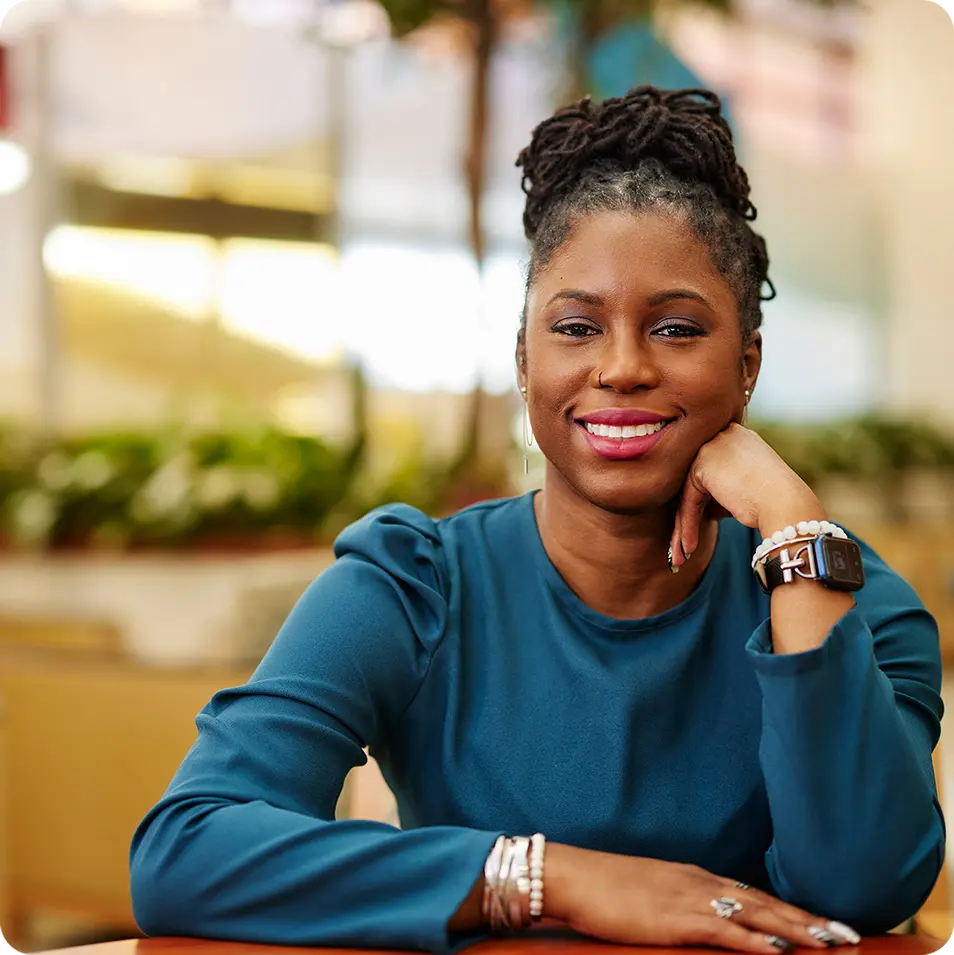
My story might seem unusual, but it’s a reality for more than you might think. As a vibrant, younger woman diagnosed with Stage IV non-small-cell lung cancer at just 33, I’ve had to confront a disease that most people picture affecting only older individuals, often with a history of smoking. But here I am, challenging those stereotypes every day.
My symptoms started innocuously with chest tightness and a decrease in my exercise tolerance, which didn’t immediately raise alarms for lung cancer. It took several misdiagnoses before an eagle-eyed radiologist noticed a concerning sign on my X-ray that a previous scan had also shown. That led to deeper investigation which revealed a mass pressing on my airways—cancer, as it turned out. Hearing I had Stage IV lung cancer was a devastating moment, fundamentally altering my envisioned future of a career, marriage, and children.
Despite the grim prognosis, I’ve been fortunate to access targeted treatments thanks to advances in genetic testing. Treatments have not only extended my life but also allowed me to continue practicing medicine and advocating for others facing similar challenges. This experience has taught me the importance of advocacy, particularly in lung cancer, where funding and awareness lag far behind other cancers despite its high mortality rate.